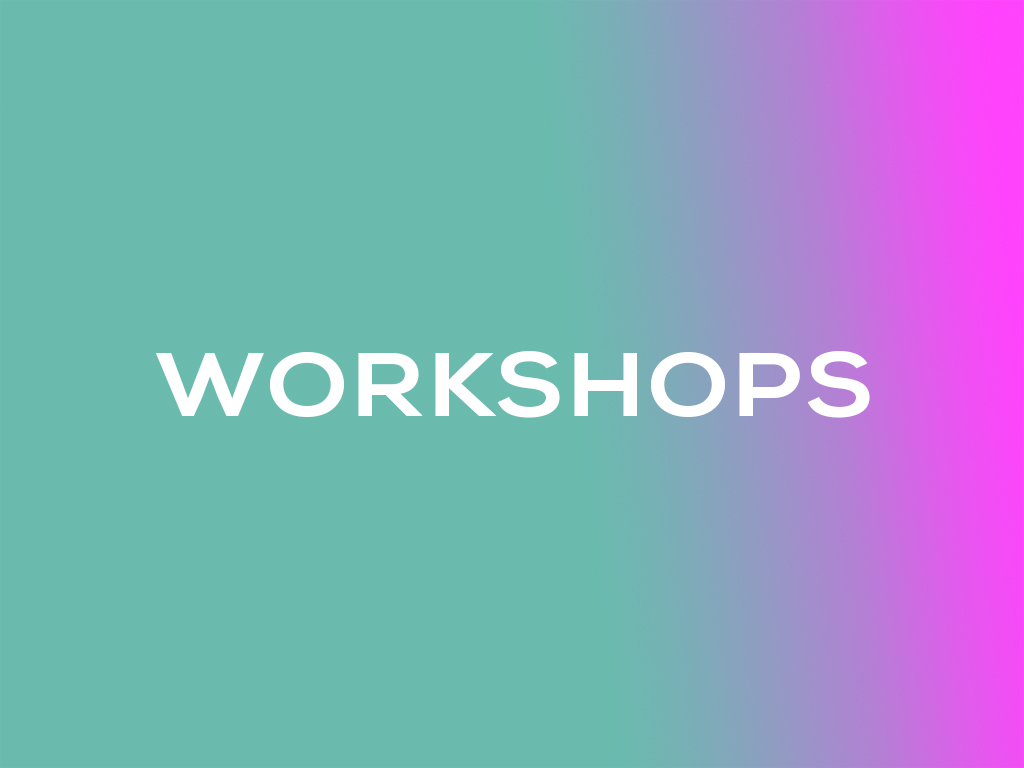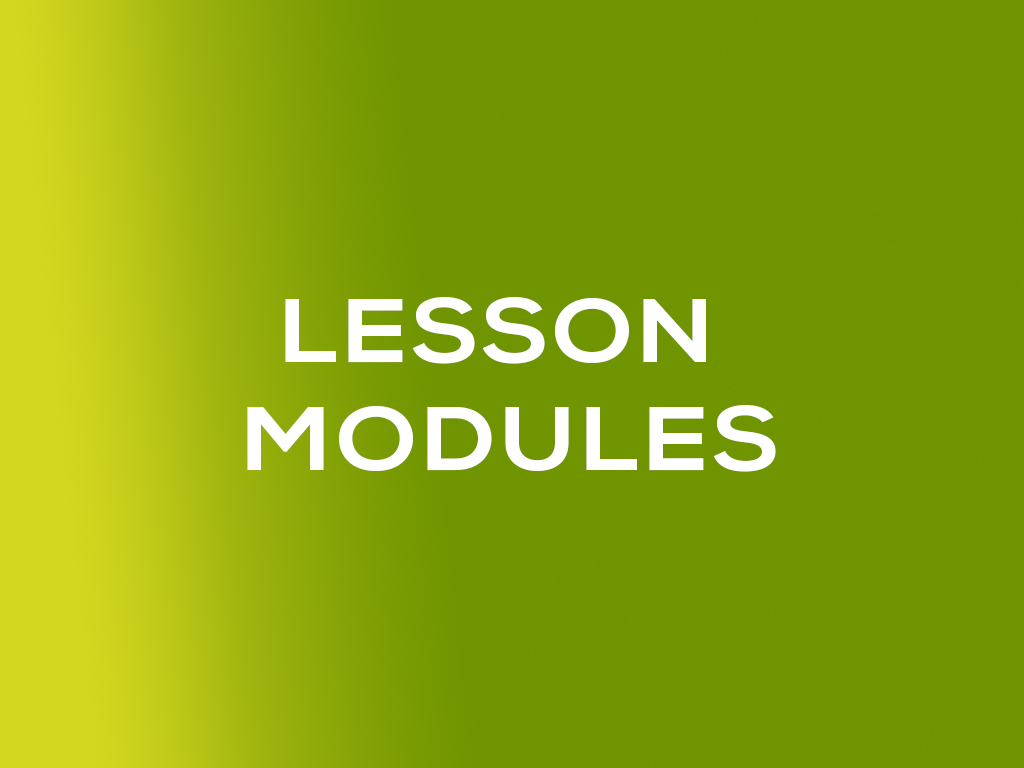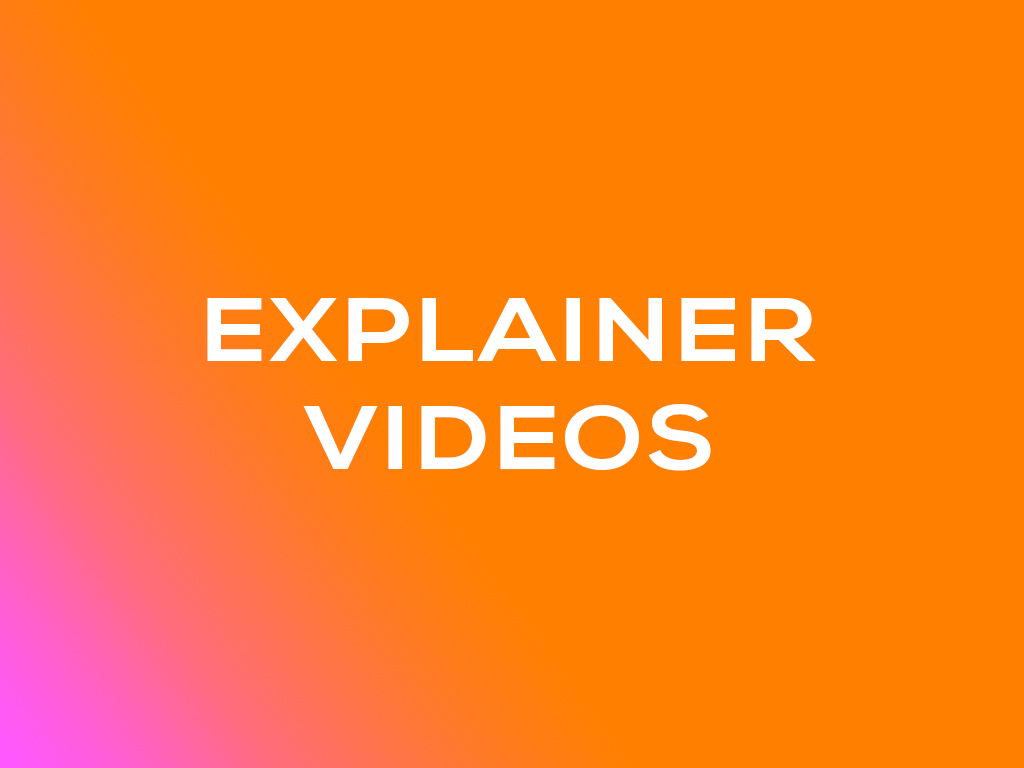The COVID-19 pandemic has led to a heightened demand for news articles that concern health, and has increased people’s daily contact with scientific issues. Even though there are more journalists reporting on public health issues today, the easy access to online information, regardless of credibility, has highlighted the dangers that lurk in relation to the spread of misinformation.
The project JOUREDIS (Journalists Resisting Disinformation though Science Communication Online) aimed to support journalists’ efforts to resist misinformation through the use of digital journalism tools. A set of six workshops brought science and communication experts together with professional and student journalists, to discuss the challenges, opportunities and best practices of communicating science online to a wide non-expert audience.
The project ended in December 2022, and the outcomes of the workshop series are freely available on this website. These include:
- Talks by science and communication experts
- Lesson modules for communicating science online for undergraduate Journalism and Communication Studies students
- Explainer videos for best practices during online science communication
JOUREDIS was a one-year project (2021-2022) and was funded by the U.S. Department of State’s Alumni Engagement Innovation Fund (AEIF). The project was realized by Cyprus University of Technology’s (CUT) the Media, Cognition and Learning Research Group at the Department of Communication and Internet Studies of the Cyprus University of Technology (CUT), in collaboration with the non-profit organization Media What and the Cyprus International Institute for Environmental and Public Health, also at CUT.




